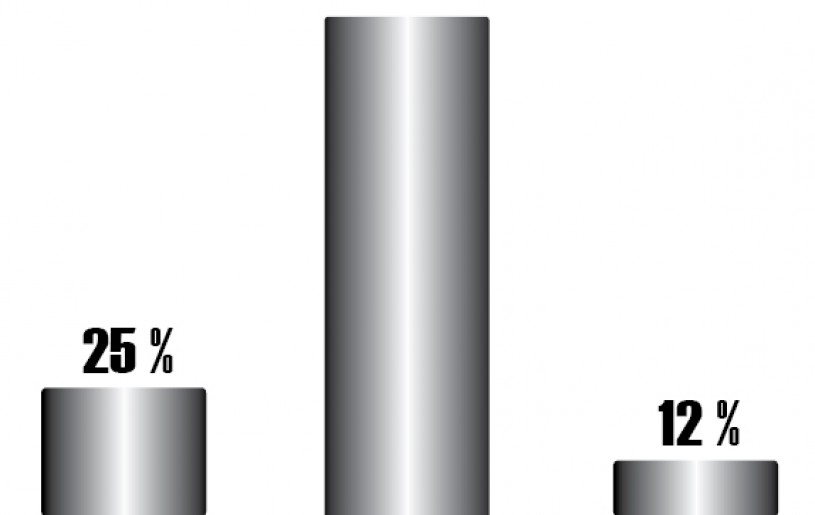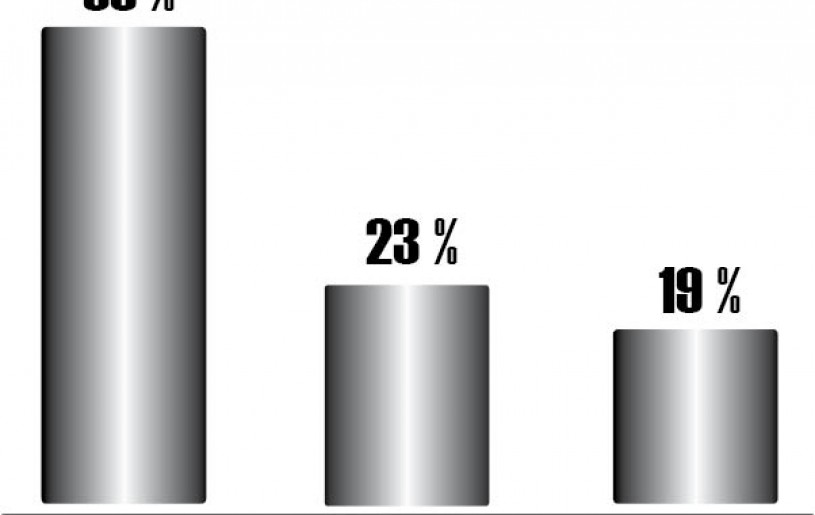
Loreni Yanthan, Asst. Prof.
(Dept. of Economics), St. Joseph’s College (Autonomous) Jakhama
“An investment in knowledge pays the best interest’’ Benjamin Franklin (Founding father of the United States (1706-1790)
In Economics sense, an investment is the purchase of goods that are not consumed today but are used in the future to create wealth. How it works? Investment can be stocks, bonds, mutual funds, interest-bearing accounts, land, derivatives, real estate, artwork,... anything an investor believes will produce income (usually in the form of interest or rents) or become worth more.
Education means different things to different people. From a general standpoint, it simply means the communication of knowledge from one person to another or the transmission of knowledge from a teacher to a pupil. It is the process of moulding individuals in society in order to enlarge their prospective. Education is a process of training and instruction, especially of children and young people in schools and colleges designed to give knowledge and develop skills. It can supplement people’s understanding of themselves and of the world. It also improves the quality of their lives and leads to broad social benefits to individual and society.
We can put Education in two purposes:
1. Empowerment
2.Creating Dialogue.
How education does give a person an empowerment? When you empower someone or instill in him certain values that he can critically evaluate things about himself or around him, and he has the right kind of rational regarding what to do about his life, he can create his own pocket of excellence that will create opportunities as per his demand. Education is one of the most important means of empowering someone with the knowledge, skills and self-confidence necessary to involve oneself fully in the development process. So, education is undoubtedly a key element contributing to empowerment.
How does education create a Dialogue? When you have aware citizens in a society, they discuss the knowledge, you create a dialogue, and you create intellectuals keen which eventually help the society because excellence in any regard will lead you to certain kind of opportunities.
In Economic terms, education is more than a transaction that you invest something and you expected something in return. No country can achieve sustainable economic development without substantial investment in human capital/education. Education is considered as an investment in human capital. Human capital can be described as the knowledge, abilities and skills of an individual, acquired through education, training and experience, which help the person to be more productive. Thus, improve his potential income earning. Human capital is one of the most important components of sustainable economic development of the country. It is based on the conception that skilled workers are more productive than unskilled workers. Investment in skill development through education and training is therefore imperative in the formation of the human capital. The higher wages associated with this standard of human resource are reflective of the economic value attached to the level of education and skill development which they possess. Wage differentials refer to differences in the wages of different categories of workers. In the school system, for instance, principals earn higher wages than vice principals and classroom teachers. The various positions occupied by these three categories of workers could be as a result of their different levels of education and training or years of work experience or both which have added to their potentials for higher levels of productivity.
Economics distinguishes that with investments in human capital, such as education, three major economic effects can be expected:
• Increased expenses as the accumulation of human capital requires investments just as physical capital does,
• Increased productivity as people gain characteristics that enable them to produce more output,
• Return on investment in the form of higher incomes.
Therefore, investment in human capital would not only create a pocket of opportunities or improve one’s living standard, but it will also have a great positive impact on the economic development of a country. UNICEF has also observed that education is the most powerful investment for future. Education is not just good for the children, it’s good for nations too, which means education can have a great impact in the economic development of a country. In a country like India, education is not enhancing employability in an appropriate manner because if we look at the figures, 47 percent of the graduates are not employable in any sector, 84 percent graduates lack right levels of Cognitive Ability, 70 percent Engineers are unemployable, 75 percent of MBA’s are unemployable, 90 percent graduates do not have required profiency in English Communication (Aspiring minds employability report, 2013). So our education system does not impart the required skills for employment, which affects the economic development of our country. So it’s important to invest in Education in proper way and direction for which there will be more employability and our country’s economy will improve.
There is no better investment of our time than education: better jobs, more rewarding work, higher income, intellectual stimulation, engagement and understanding. So, investment in education in a genuine way is not just the right thing to do but it’s a smart economics. Education can put people on a path towards good health, empowerment and employment. It can also help to build more peaceful societies and can raise people’s productivity, creativity and promotes Entrepreneurship and technological advancements. In addition it plays a very crucial role in securing economic, social progress and improving income distribution.





